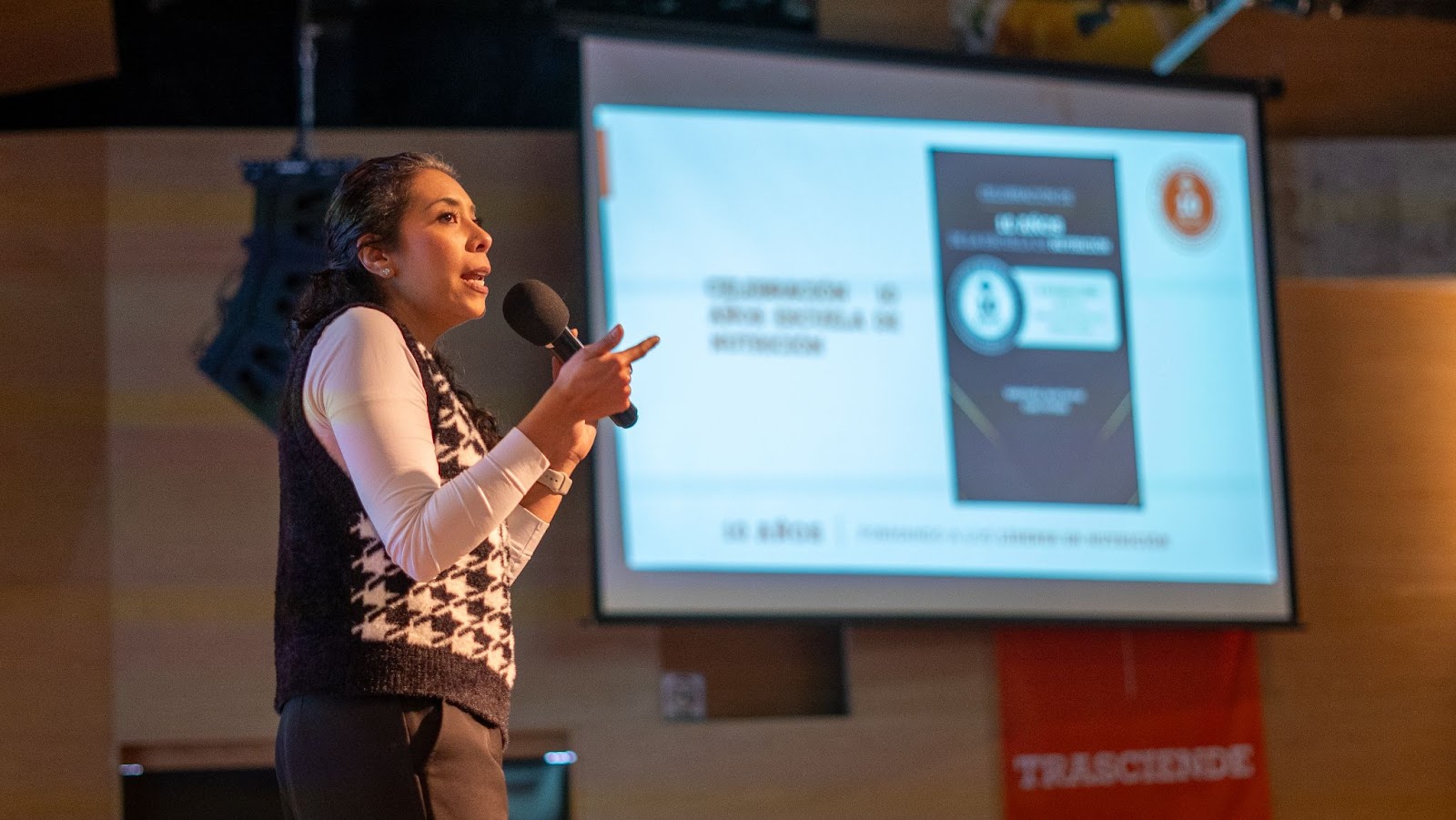March 8th commemorates the International Women's Day in honor of the historical struggle of women for equal participation in society and the recognition of their human rights, as citizens with the same human value as their male counterparts.
On this date we reflect on the importance of equality of genre and the female empowerment to promote the representation of women in society, celebrating the path traveled, without losing sight of the challenges that still persist.
A society where men and women live together under equal conditions does not have to be a distant dream, but a reality that is attainable today thanks to the efforts of all the women who paved the way throughout history.
The Origin of Women's Day
International Women's Day arises from labor movement of the 19th century, a time of great industrial expansionbut also of turbulence, which women took advantage of to begin to raise your voice with increasing strength.
At that time, heWomen's lives were full of limitations: They did not have the right to vote, nor to manage their own bank accounts, nor to receive academic training; Even female life expectancy was considerably lower than that of men, due to the dangers posed by childbirth and mistreatment in general.
Clara Zetkin and the 1910 Conference
Clara Zetkin is a key figure in the history of feminism. In 1910, during the International Conference of Socialist Women in Copenhagen, proposed the creation of an international day that would promote gender equality and women's suffrage.
This gesture not only emphasized the value of international female solidaritybut also marked the beginning of a commemoration that transcends borders and generations.
First Celebration and Evolution
The first official celebration International Women's Day happened on March 19, 1911in countries such as Germany, Austria, Denmark, and Switzerland.
This day is commemorated on March 8 in relation to the feminist movement of the Russian Revolution of 1917, to honor the historical women's struggle for the right to vote, access to education and social equity. Over the years, the date has evolved to not only remember past achievements, but also challenge the limitations of the present.
Official Recognition by the UN
He official recognition of International Women's Day in 1975 by the United Nations marked an important milestone, as it consolidated its international importance and reaffirmed the commitment of the nations of the world with gender equality.
Importance and Current Relevance of Women's Day
International Women's Day is a date that invites us to reflect on the pending challenges in the fight for gender equality. This commemoration has become a global platform for raising awareness about inequalities that still persist and to reaffirm the commitment to female empowerment in society.
The Wage Gap and Labor Inequality
One of the most popular aspects of this day is the fight against the wage gap. The unequal remuneration for work of equal value between men and women is still a reality in many parts of the world: a reminder of the systemic barriers that need to be broken down.
Besides, the female representation in leadership positions is disproportionately low, something that underlines the need to promote inclusion at all hierarchical levels.
Unpaid Work and Double Time
International Women's Day also remembers the need to recognize and equitably redistribute unpaid worksuch as domestic and care work, which commonly fall on the shoulders of women exclusively.
This not only perpetuates gender inequality, but also limits opportunities which women can access in the professional and personal sphere.
Women's empowerment at the Anáhuac Querétaro University: Women's journey towards leadership
In the hallways of the Anáhuac Querétaro University, the stories of success and female improvement They are found between classrooms and offices, part of a social fabric that empowers and motivates. Three inspiring examples are Fabiola Ajuria, director of the Economics and Business Division; Selene Reyes, coordinator of the Chemical Engineering degree; and Lupitha Flores, coordinator of the Nutrition degree. All of them, women leaders at the Anáhuac Querétaro University.
How to be a leader and a woman
Throughout his 16 years old in Anáhuac QuerétaroFabiola Ajuria has traced an exemplary path: she started as a teacher and rose to become director of her division. His story is a testament to the university's commitment to women's education and leadership, and demonstrates how, through dedication and excellence, barriers can be broken.
With nine degrees Under her wing, the Business and Economics Division led by Fabiola not only focuses on technical competencies, but also promotes a holistic education designed to train leaders with a vision of positive action. This prepares students to not only enter the labor market, but to transform it.
Fabiola, on the other hand, does not hide the challenges she has faced at balance your professional life with your personal life. His experience highlights the value of family and the importance of continuous self-improvement.
“There have been times when I have had to stop along the way, but that is when I put everything on the scale to balance the activities, as well as use tools of emotional intelligence, personal well-being, and begin to redirect priorities. And all this serves to, as the Anáhuac phrase says, 'be someone without ceasing to be you',” says Fabiola.
The role of women in science
Over the years, women have fought for their place in traditionally male-dominated fields, and the sciences are no exception. However, more and more women are playing prominent roles in branches of physics, biology, engineering, chemistry, among others.
Selene Reyes shares that, when she was studying Chemical Engineering, the majority were men, and today approximately 47% of the students in the program are women.
“Don't be afraid of success! Study engineering such as Chemical Engineering, since not only are there more women in this field, but national and foreign companies are creating special programs to encourage the vocation of women in Engineering from an early age, with activities that empower them and They make you feel capable of being excellent engineers,” says Selene.
Knowledge provides superpowers
The education of women is an issue of vital importance in our contemporary society. Throughout history, women have been overcoming obstacles and barriers to access higher education and the field of knowledge in any area.
An example is the study of nutrition, a fundamental pillar to understand and promote human health and well-being. Although nutrition is not always visible as a complex and constantly evolving field, rigorous studies and knowledge are required to play the role of a nutrition specialist, which can contribute to improving individual and collective health.
“It is important to emphasize that nutrition is a science that requires preparation, knowledge, effort and updating. Today we need women who want to propose, continue studying and be part of that science because we need them out there,” says Lupitha, coordinator of the Nutrition degree at Anáhuac Querétaro.

International Women's Day, celebrated on March 8, is a day that recognizes the historical advances in the fight for gender equality, as well as the challenges that still persist, such as the wage gap and the lack of representation of female leadership.
This day is a global call for continued reflection and action to break down barriers and foster a society where gender equality is a constant and palpable reality.



